Neat News 4712 (added 2019-09-30)
Drug against prostate cancer

Olaparib, a genetically targeted drug, seems to be highly effective against advanced prostate cancer.

Olaparib, a genetically targeted drug, seems to be highly effective against advanced prostate cancer.

New research has found that choline, a vitamin-like substance, is linked to protection against Alzheimer's disease. Choline is part of many common foods such as broccoli.

There is big progress treating late-stage melanoma, a form of skin cancer, by immunotherapy. 10 years back only one in 20 patients survived, with the new treatment more than half.

Astronomers are observing the rare event when a black hole swallows a star when it came to close to it. The event takes place 375 million light years away from us.
Studying more than 3000 year old finds from the Bronze Age and Iron Age, traces of the content of three small bottles were analyzed and animal milk was found. It is assumed that babies were fed with it.

The Right Livelihood Awards 2019 were awarded to four people fighting for a better future. Among them is Greta Thunberg who fights for urgent climate action.

Antibiotic resistance is a major problem. Now a new class of candidates for antibiotics have been developed to fight against superbugs.
Using paramagnets it is possible to use heat such as that from a car exhaust to produce electric energy. The method seems to be more efficient than conventional methods.

New off-shore wind turbines will be installed with a record low price - about half as the electricity made from nuclear. It will give power to more than 7 million homes in the UK.
A daily pill regime for the treatment against HIV is at times difficult to carry through for some patients. There is an alternative that shows promise to inject a multi-drug delivery system that is effective for up to a year.

Led by schoolchildren, millions of people join a worldwide climate strike. They stand-up for urgent action to limit global warming.

Dapagliflozin, a drug that is used to treat diabetes type 2, has shown potential to treat heart failure.

In experiments with mice, scientists have found a way to use stem cells to repair the brain without the need for lifelong injection of immune-suppressing drugs.
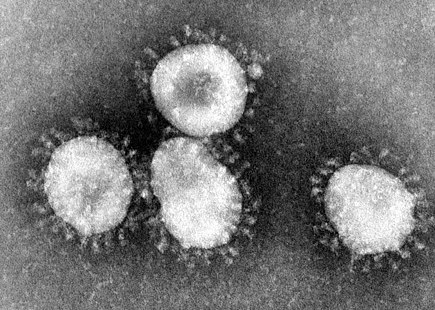
It is difficult to treat the common cold since it is very adaptive against the immune system. Now, there are promising experiments that try to make the body inhabitable for the common cold viruses.
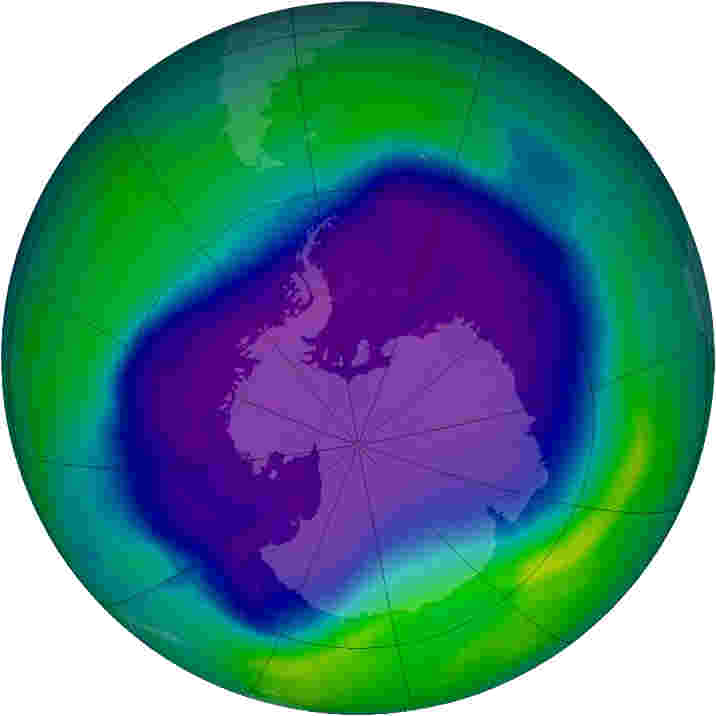
There is some hope that in 2019 the ozone hole over Antarctica is the smallest in three decades. The measures to ban CFCs in 1987 seem to be a great success.

Ingesting small and controlled amounts of peanut proteins may desensitize some people against a peanut allergy. However, the treatment should typically not be discontinued in order not to lose the protective effect.
When new drugs are developed they need costly clinical studies before they can become new medicines. In a new technique the cost can be reduced and the development speed increased by predicting the effect based on simple cellular responses.

In the Pacific Ocean, humpback whales pass by an uninhabited island in order to exchange songs. They learn certain hits and change their repertoire.

There has been a trial that shows that a new hydrogel can be injected to repair hearts damaged by a heart attack. The gel does natural scaffolding of cardiac muscle tissue. More trials are needed.

In experiments with rats, scientists found that cooling organs such as the liver to -4C triples the time the organ can survive for transplantation compared to cooling it to 0C.

Using computational techniques, scientists are developing forms of carbon that are similarly hard as diamonds. The new materials may be used as tools or coatings.
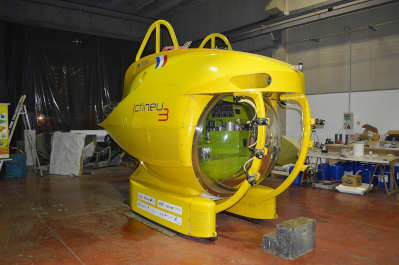
An adventurer has visited with a submarin the deepest points in the Artic, the Pacific, Indian, Southern, and Atlantic oceans. It brought him up to 5.5km below the surface.

Whether somebody is left handed or right handed is linked to the certain genetic regions and the brain architecture in language regions.
Although, no hard measures were decided upon, seven South American countries made a first step by signing a pact to protect the Amazon rain forest.

People can appreciate the beauty of complex mathematical arguments in a similar way as they appreciate the beauty in a piece of classical music. This insight may open avenues to improve teaching of mathematics.

A new study has found that drinking red wine (unlike white wine or beer) increases the diversity of the gut microbiome. This is linked to health benefits since the diverse microbes can digest the food better.
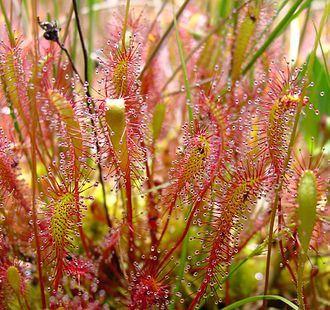
Some insect eating plants, English sundew, that have become extinct in parts of England, are being reintroduced in a conservation attempt. It is assumed that they will thrive.
A new efficient way using a bismuth based electrocatalyst has been developed to transform CO2 into liquid fuel. It has a conversion efficiency of 42 percent.
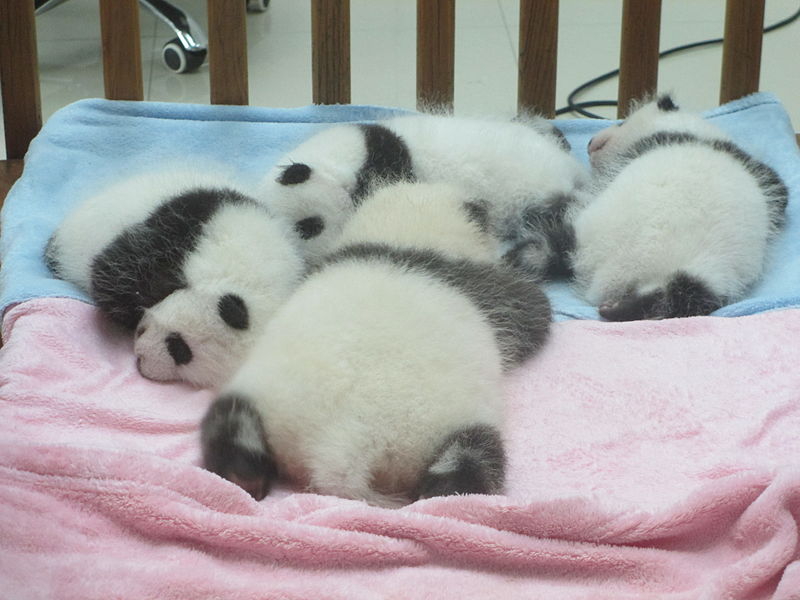
In Berlin Zoo panda Meng Meng has born two panda twins last Saturday. All are well and the cubs will probably stay for four years in the zoo.

In order to overcome the blood-brain barrier in applying treatment against brain tumours, scientists have successfully applied nano-technology in experiments with mice.